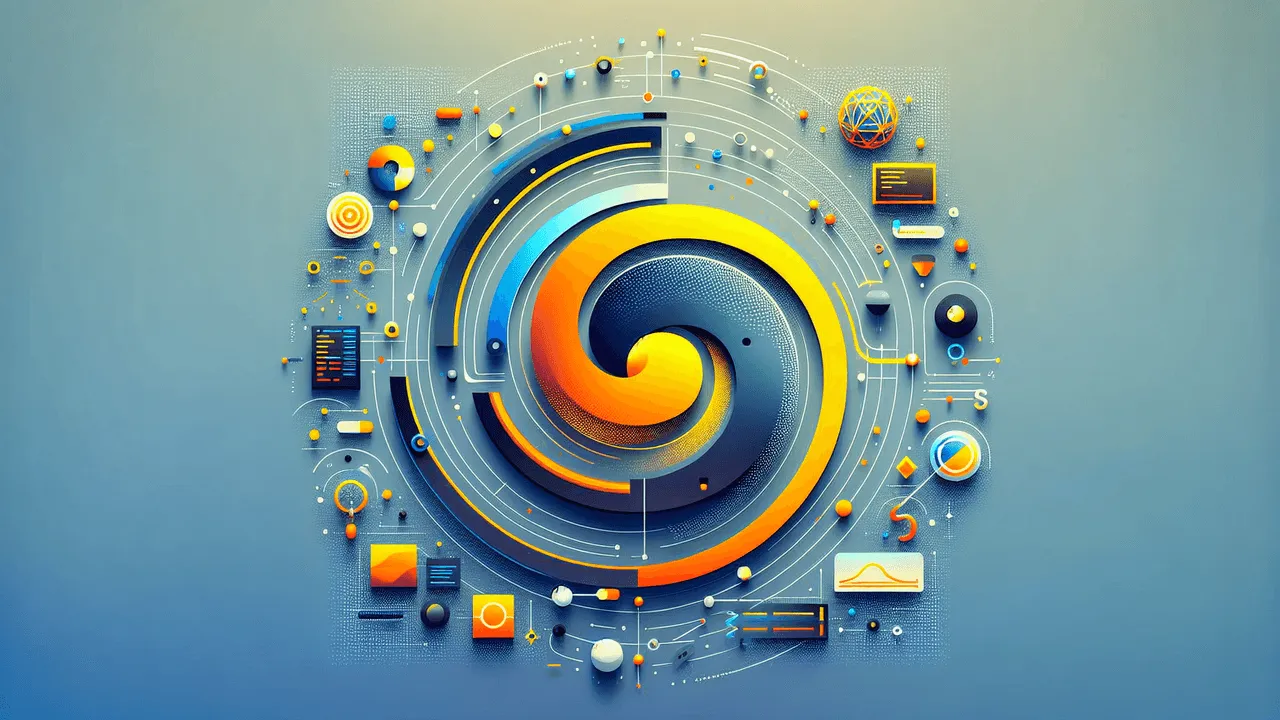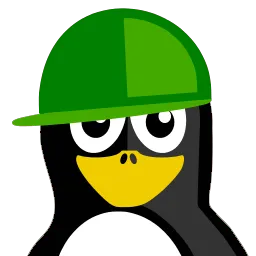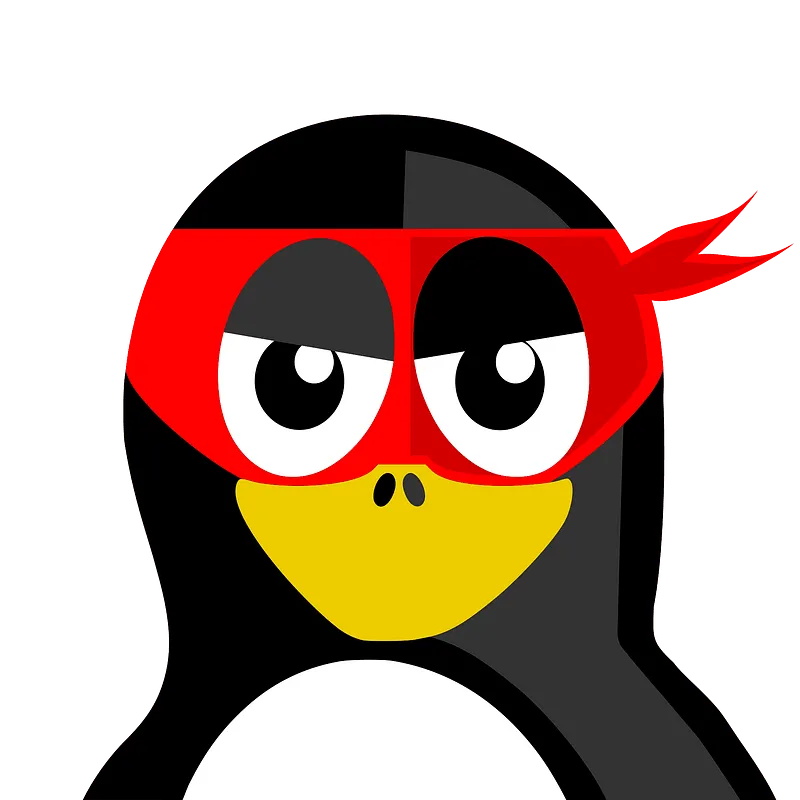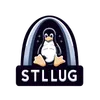August 10, 2022 Meetup
St. Louis Unix Users Group

Locking Down Your Web Browser & Search Engine Part 2
Presented By: Scott Granneman
(This is somewhat of a 'Part 2' BUT WILL stand on its own!
Scott will add a few final comments about Brave but also some other browsers. He'll then go into detail about securing the Search Engine you access from your browsers. )
Web browsers are the most important software on most computers, but if you are not careful, you can inadvertently reveal way too much information about yourself to websites, companies, and even the Web browser makers themselves. In this talk Scott is going to give advice and instructions for locking down browsers, as well as showing you some of the very cool new browsers on the scene. Of particular note, The Onion Browser which utilizes the TOR network so that the IP addresses/destinations/routings of your searches & webpage hits are hidden!
And beyond that, Scott will spend a lot of time covering some brand-new, 'not-Google', 'don't-track-you' search engines as well.
Spread the word

@TuxFan • 2h ago
🌟 Don't miss Scott Granneman on Aug 10! 'Locking Down Your Web Browser & Search Engine Part 2' will cover Brave, Onion Browser, and tracker-free search engines. Protect your info! 📅💻 #Security #FOSS #Browsers @SLUUG_Org https://www.meetup.com/saint-louis-unix-users-group/events/287336464/
Getting Started With Jupyter In CoLab
Presented By: Robert Citek
The name Jupyter is somewhat of a portmanteau of Julia, Python, and R, the three initial core languages. And one way to get started using Jupyter and experience 'interactive computing' is by enabling and using Google's Colaboratory ( aka CoLab ), a free service available via Google Drive. CoLab is not a full Jupyter environment, but there's enough there that you can create Markdown documents, develop Python code, explore data, and even run shell commands.
In this talk I will show how to get started with CoLab and demonstrate some of its capabilities using excerpts from Scott Granneman's 'Linux Phrasebook.'
Spread the word

@LovesToLS • 8h ago
🚀 Get ready! Robert Citek will show us how to get started with Jupyter in Google's CoLab on 08/10. 📅 A session you don't want to miss! #Jupyter #CoLab #SLUUG https://www.meetup.com/saint-louis-unix-users-group/events/287336464/
Meeting Artifacts and Media
Meeting Agenda
At 6:00p.m. Central Time the meeting opens. Participants are encouraged to join at this time to if they need to test their microphone, screen sharing, and video camera.
At 6:30p.m. Central Time we begin with our BASE presentation. The BASE presentation is intended to be an introductory level session ( often focused on personal computing ); which may include either amazing graphical packages, blinking lights, command line wonders, demonstrations of useful applications, displays of newly discovered web sites, major resolution of long standing anomalies, quantum discoveries, smoke and mirrors, superb tutorials, or shifts in both time and space.
At 7:00p.m. Central Time we attempt a quick welcome, introductions, announcements, current events of interest, and a general CALL FOR HELP (Questions and Answers) segment.
At 7:15p.m. Central Time the MAIN presentation begins. The MAIN presentation is intended to be something more advanced, detailed, important, new, profound, significant, timely or useful and is often focused on enterprise computing.


